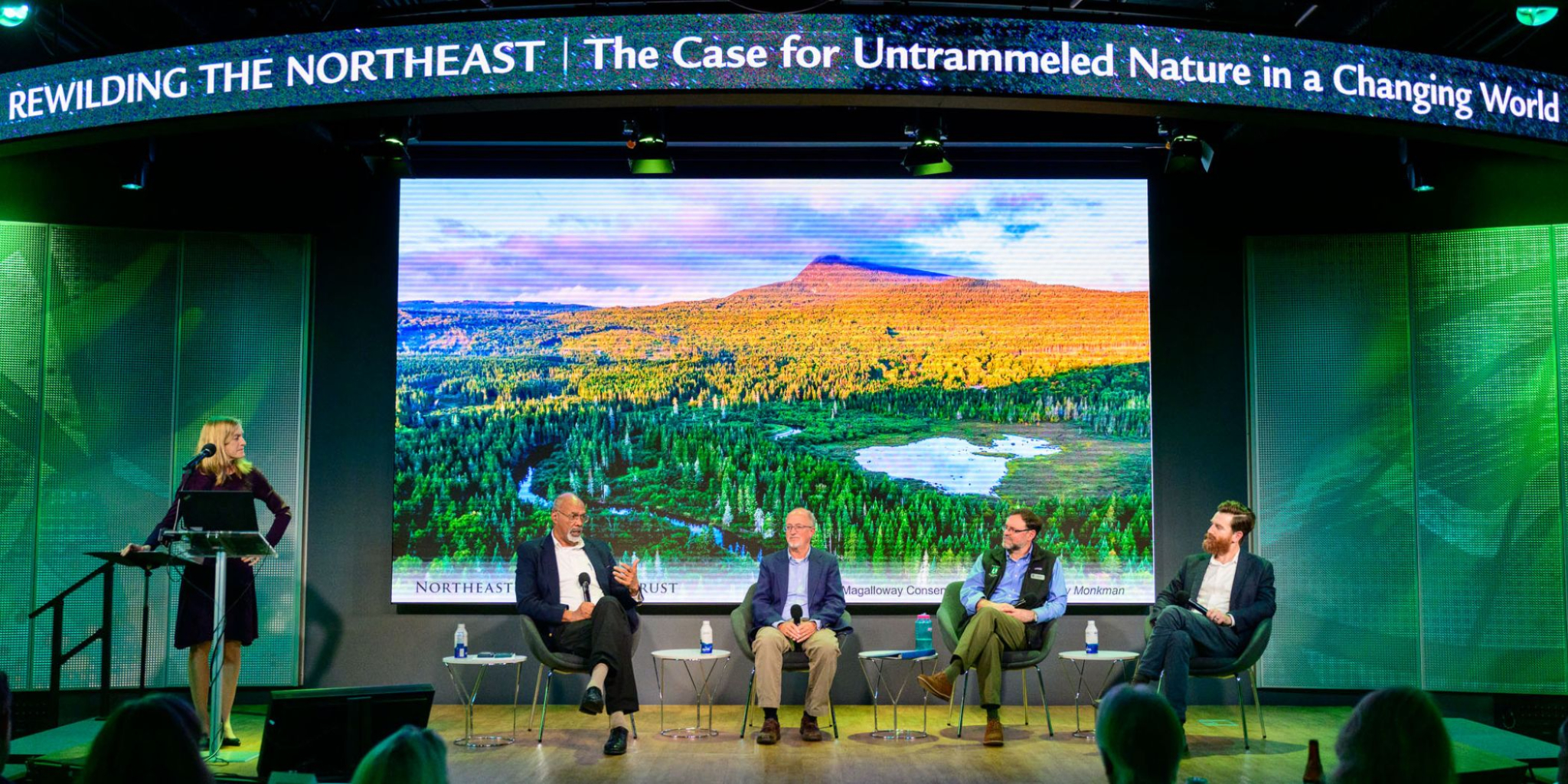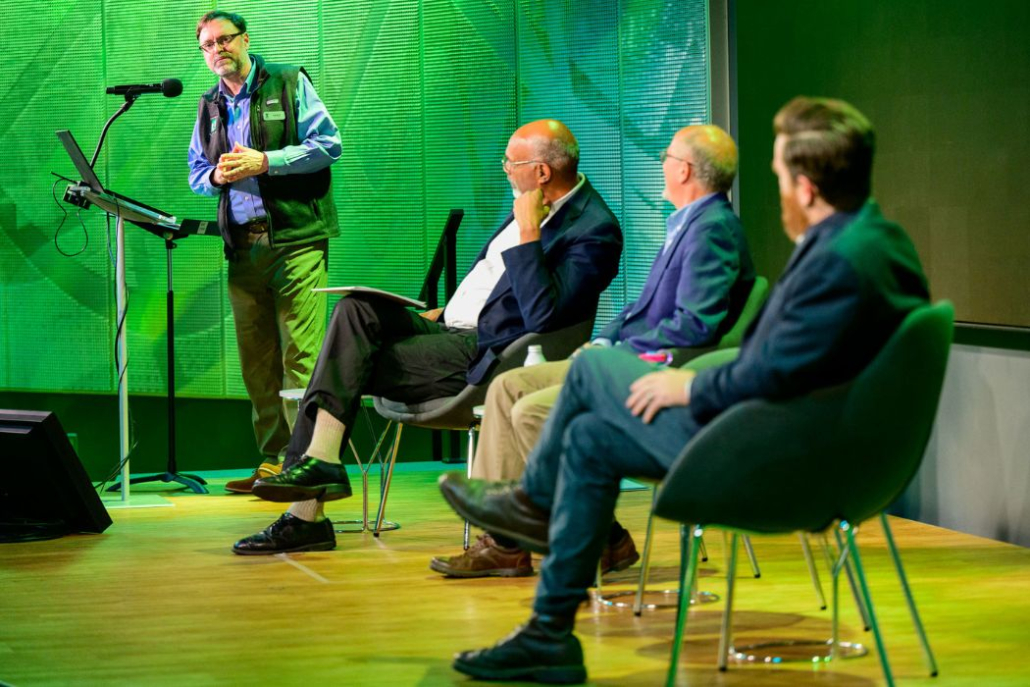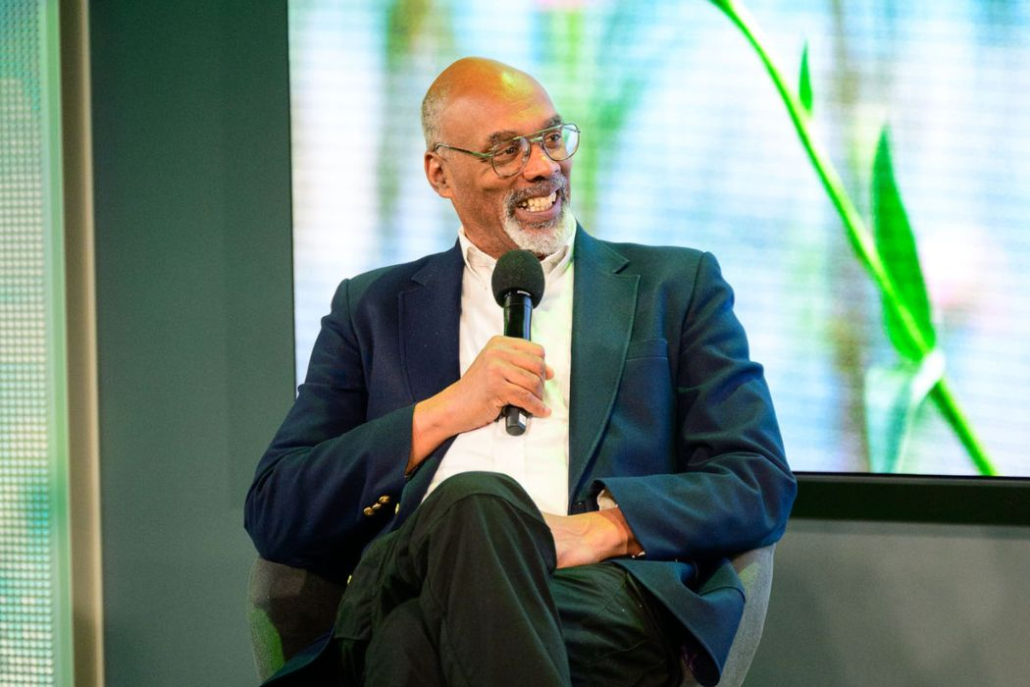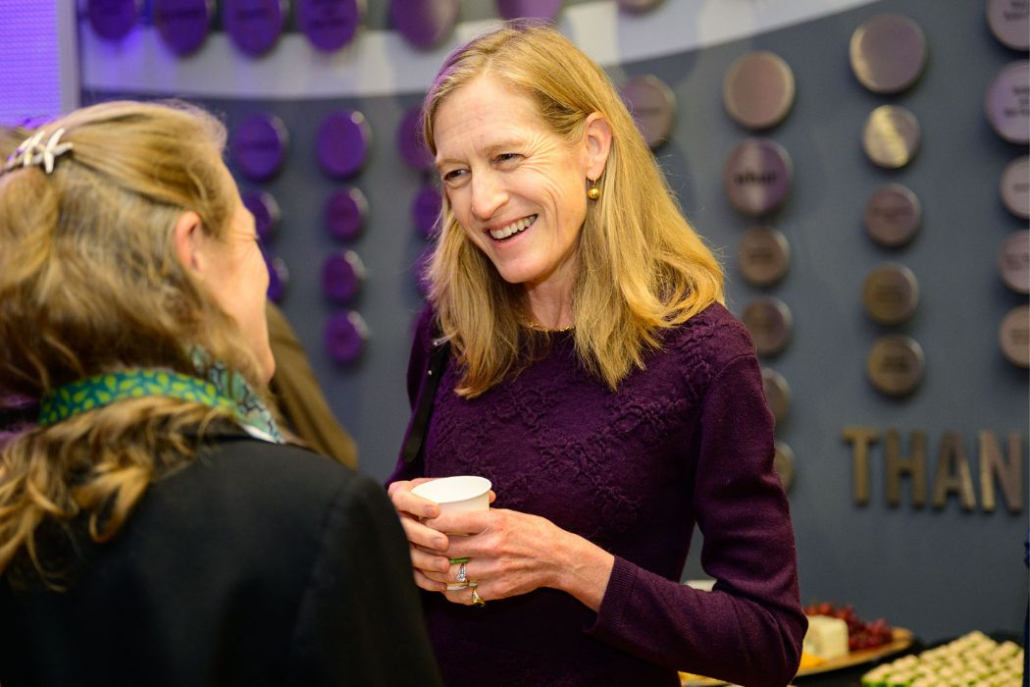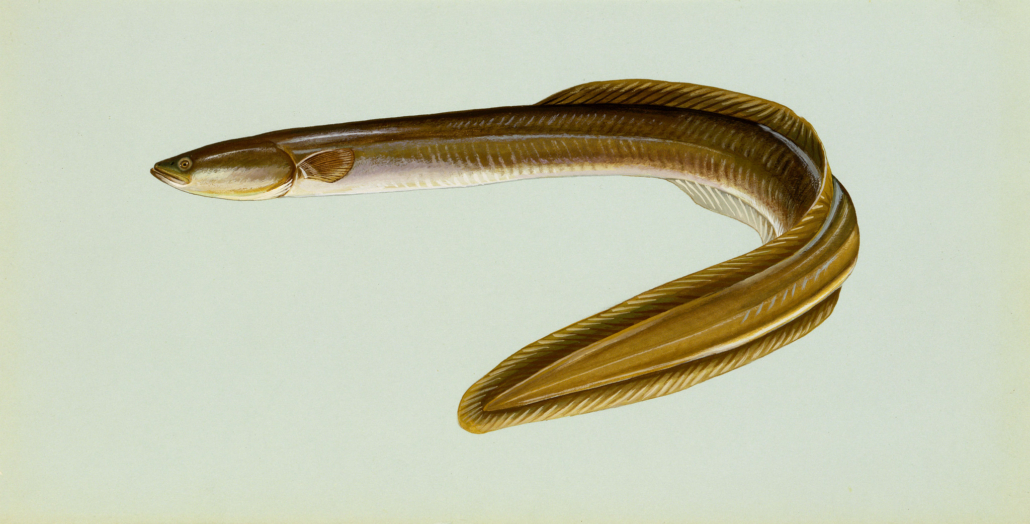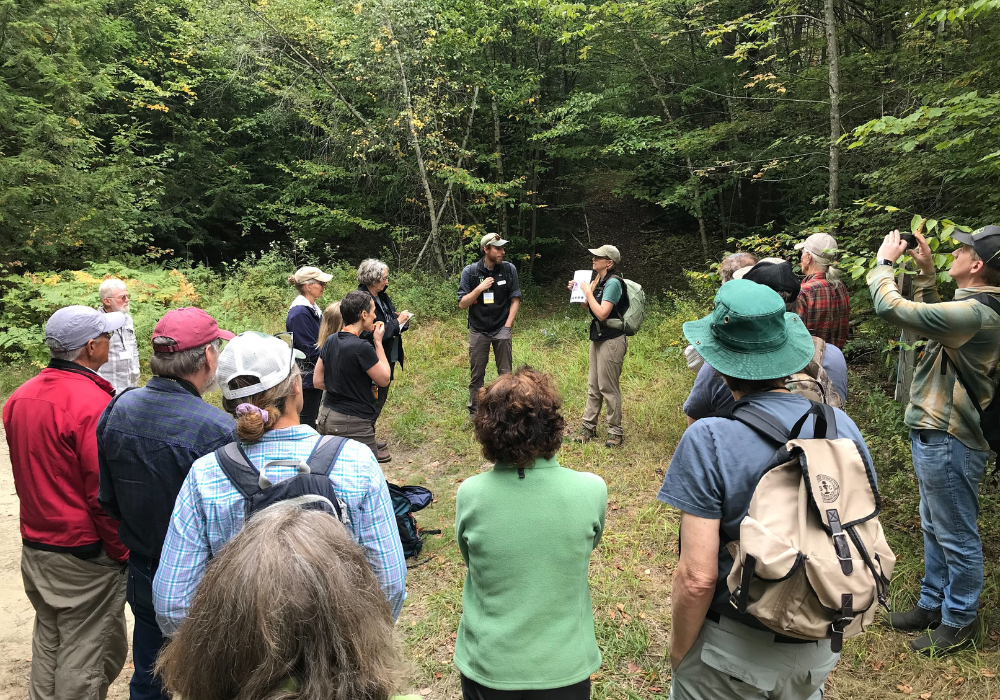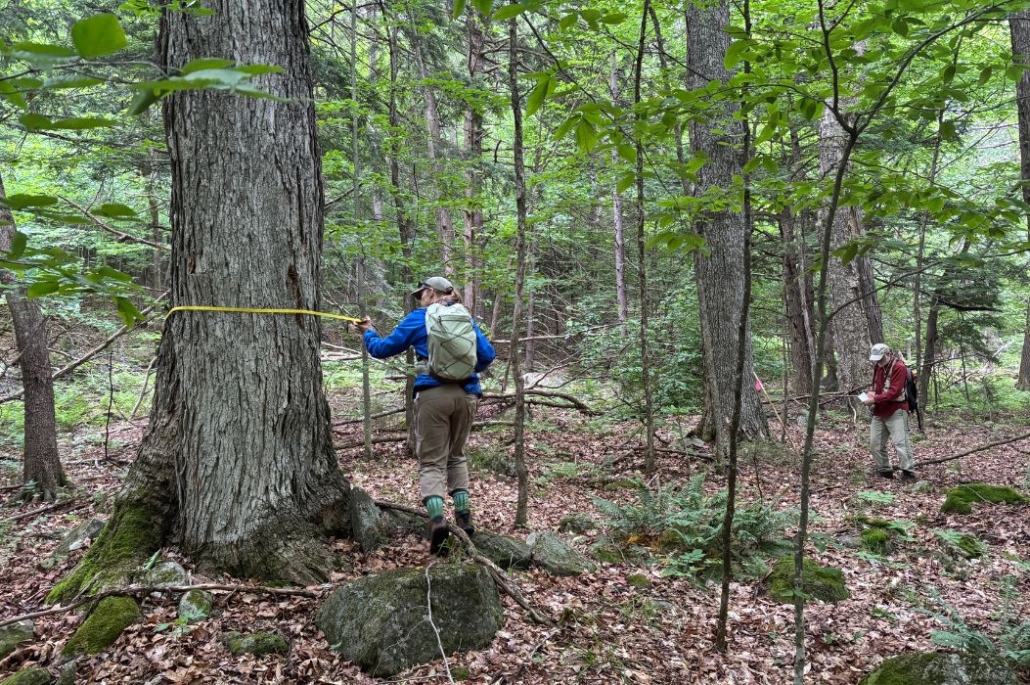NEWT and Partners Convene in Boston to Make the Case for Rewilding
“How do we create a more habitable world for our children, for our grandchildren, and for all the species with whom we share this beautiful planet” at a time of climate change and an accelerating extinction crisis? This was the central question posed by Kelsey Wirth, Founder of Mothers Out Front, at a panel and reception event convened by Northeast Wilderness Trust (NEWT) last month.
There is, of course, no single solution to these multidimensional challenges, but NEWT leaders and key partners shared the power and promise of forever-wild land conservation with a sold-out audience at WBUR CitySpace in Boston, Massachusetts.
NEWT President and CEO Jon Leibowitz argued that to preserve the Northeast’s natural heritage and the wellbeing of future human and nonhuman generations, we should intentionally create room for Nature to do what it did on its own for millions of years before human intervention: evolve freely, with forests growing old, fostering biodiversity, and storing massive amounts of carbon.
This may sound like a straightforward proposal, but in Leibowitz’s words, rewilding is an “incredibly underutilized” conservation tool. Though New England is more than 80-percent forested, just 3.3 percent of these forests are protected in perpetuity as wildlands, where Nature calls the shots. Increasing this number by creating more wilderness preserves means “to work with Nature, rather than against it,” Leibowitz added. Rewilding “restores ecosystems not through control or manipulation, but by trusting in Nature’s innate resilience and proven ability to find stability.”


